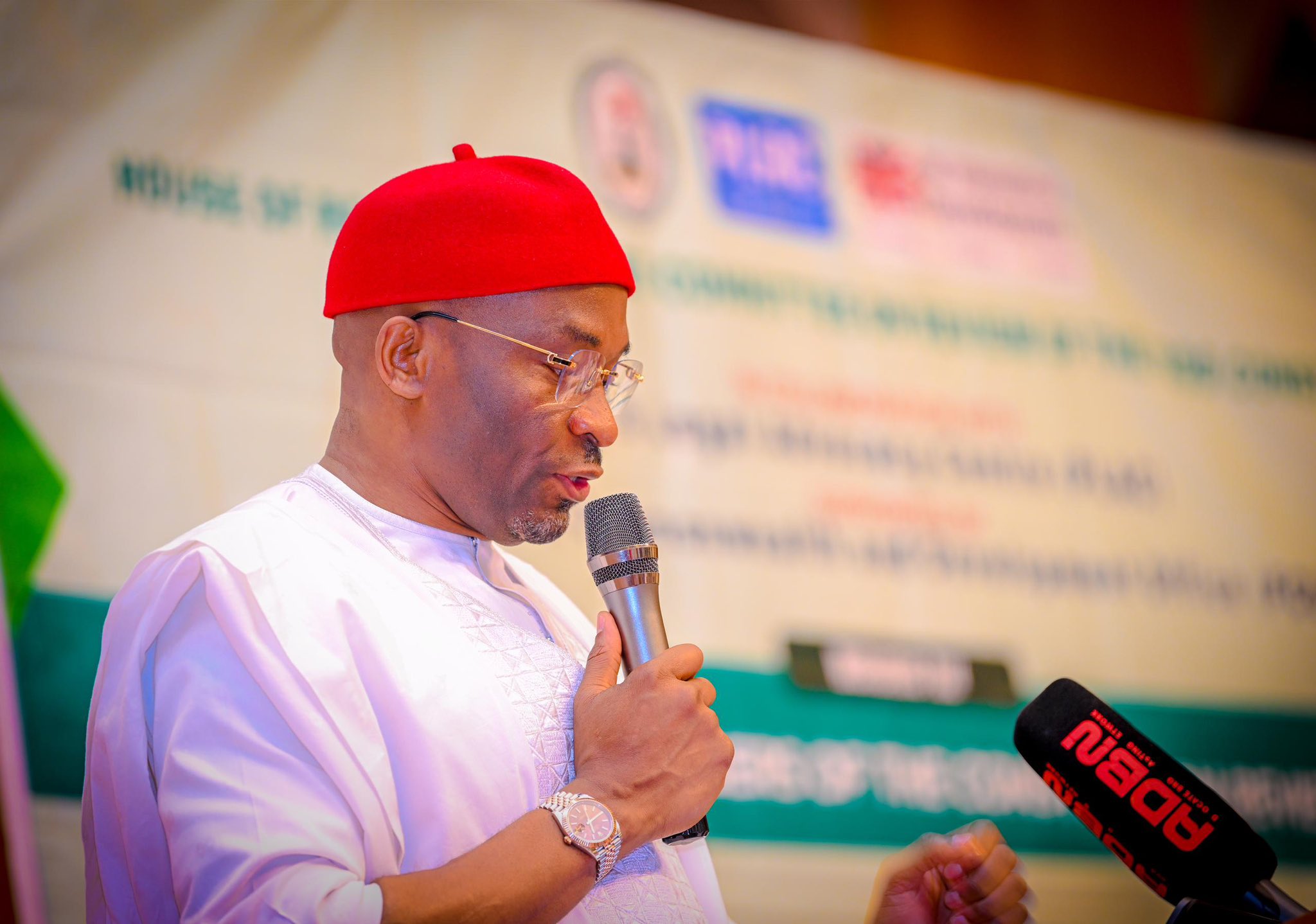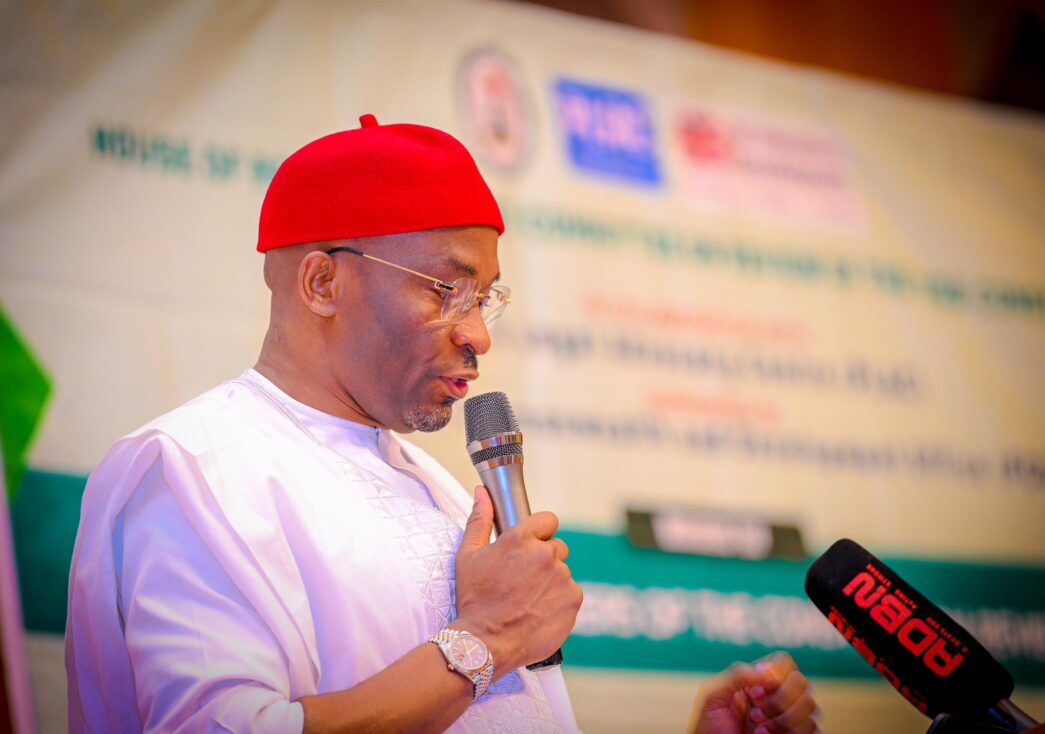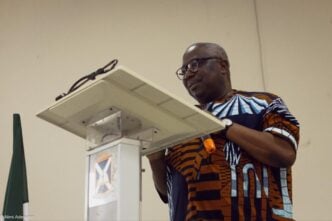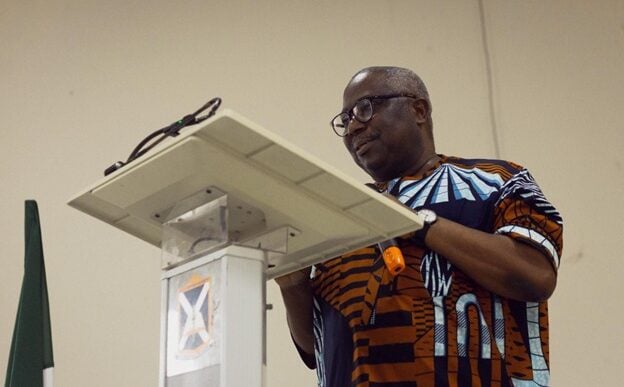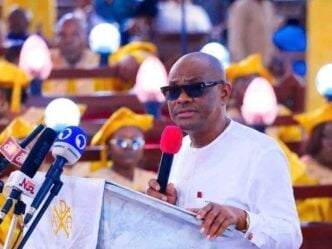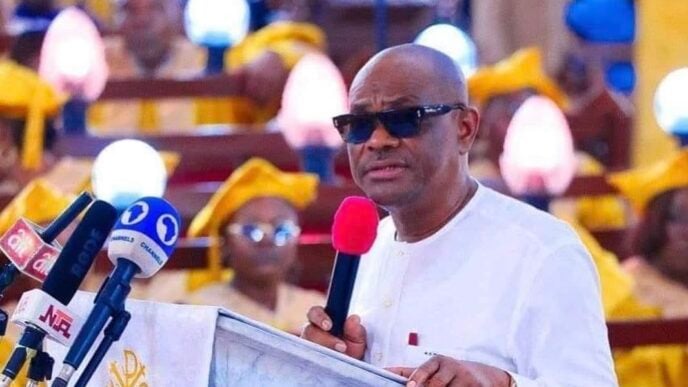Benjamin Kalu, deputy speaker of the house of representatives
Benjamin Kalu, deputy speaker of the house of representatives, says “statistics” show that Nigeria is losing nine percent of its gross domestic product (GDP) due to low women’s participation in politics.
Kalu spoke in Abuja on Thursday at an event convened by the house committee on constitution review in partnership with the Policy and Legal Advocacy Centre (PLAC) and the European Union (EU).
The GDP is the total income earned through the production of goods and services during a specified accounting period.
The deputy speaker did not disclose the source of the data or the methodology used to arrive at the figure he quoted.
Advertisement
Kalu, who chairs the house committee on constitution review, said the low representation of women in governance results in the underutilisation of talent and lost opportunities for economic growth.
He added that Nigeria is among the countries with the lowest women’s representation in parliament.
“Nigeria could gain an increase of nine percent in GDP growth by 2025 with improved women’s participation. That is what statistics have shown,” he said.
Advertisement
“So, that means we are losing nine percent growth in our GDP because women are not participating (in politics). This is one of the key motivating factors for us to push for this bill.
“Some gender-sensitive bills and policies of the government would be better treated by women. And if we don’t have women in the room, it is just like cutting a man’s hair in his absence.”
Kalu is the lead sponsor of a bill seeking to create 74 seats for women in the national assembly.
He expressed optimism that the bill would be signed into law by President Bola Tinubu if it scales through the constitution review process.
Advertisement
“I have no fear that if we do our part, Mr. President will assent to it. I say so because he’s gender friendly,” Kalu said.
Kalu said Tinubu supported his wife, Remi, in serving as a senator for 12 years.
“Only a few people, you know, will be able to do that. And because he is a gender-sensitive president, he will be able to accept it. I have no fear,” Kalu said.
Kalu said the bill, if passed into law, would be in effect for 16 years, after which it can be reviewed.
Advertisement
“The measure is subject to review after four general election cycles (16 years), ensuring it is a fast track, not a permanent intervention,” Kalu said.
“These new seats do not affect existing constituencies and are directly elected, ensuring legitimacy and accountability. Women remain eligible to contest all regular seats.
Advertisement
“Women in special seats have the same privileges and responsibilities as other legislators.
“After 16 years, the provision will be reassessed for continuation, modification, or repeal.
Advertisement
The bill requires a two-thirds majority in both chambers of the national assembly and approval by at least 24 state assemblies for it to pass.
Advertisement
